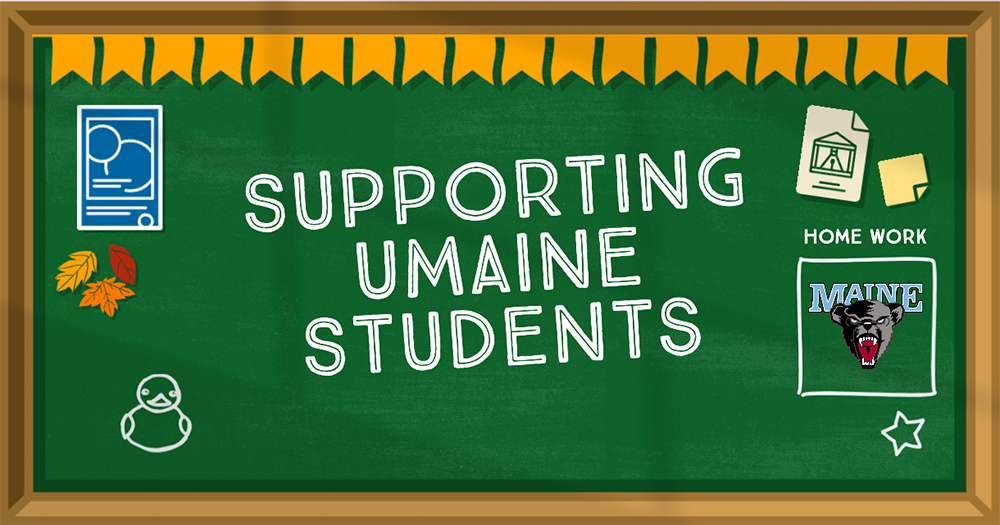Dr. Laura Rickard’s Department of Communication and Journalism Colloquium welcomed guest speakers from the University of Maine’s student accessibility, advising and counseling centers on Monday. This weekly series is for graduate students as they experience their first few months of teaching on campus. It is important for student teachers to know what approach to take if they notice any one of their students might be struggling for a variety of reasons, which could range from constant absences to mental health crises.
Sara Henry, UMaine’s director of student accessibility services, first explained the concept of accommodations and the necessary steps students must take to receive these adjustments that will remove barriers in order to put every individual student in a position to excel. In order to be granted accommodation, students are required to self-identify their impairment and provide documentation to demonstrate the need for an in-class adjustment. The office will then pass on this information to each professor in every class a student is enrolled in to ensure that the student is properly taken care of without having their personal needs disclosed in front of the rest of their classmates.
John Mascetta, the director of the Advising & Academic Services Center and the explorations program, and Miriam Cohen, a second-year student in UMaine’s student development in higher education master’s program, talked about the CLAS Advising and Academic Services Center. Mascetta works primarily with undecided undergraduate students. However, he expressed his willingness to take on any other type of student who may be struggling and even thinking about dropping out of college altogether, as he is here to aid students in understanding their options both on and off campus.
The final speaker of this week’s colloquium, Angela Fileccia, the director of the Counseling Center, addressed the significant presence of anxiety and homesickness among students this semester. Students can go to the center for short-term, solution-based counseling. Fileccia responded to questions about what to do if they encounter someone who has expressed psychological distress. She advises reaching out to either the counseling center, UMPD or even student life to at least open the door to conversation regarding an incident.
UMaine students are fortunate to be able to walk into the counseling center to talk whenever they feel the need. The university also provides free access to the Silvercloud app, which is a mental health tool that aids in treating mild or moderate issues like anxiety and depression. All of this week’s panel speakers were in agreement that if it is unclear if a student truly needs assistance it is always best to reach out anyway to avoid further problems.
Visit umaine.edu/counseling or call (207)581-1392 for more information on the services offered at the university’s counseling center and for access to free online mental health tools.








